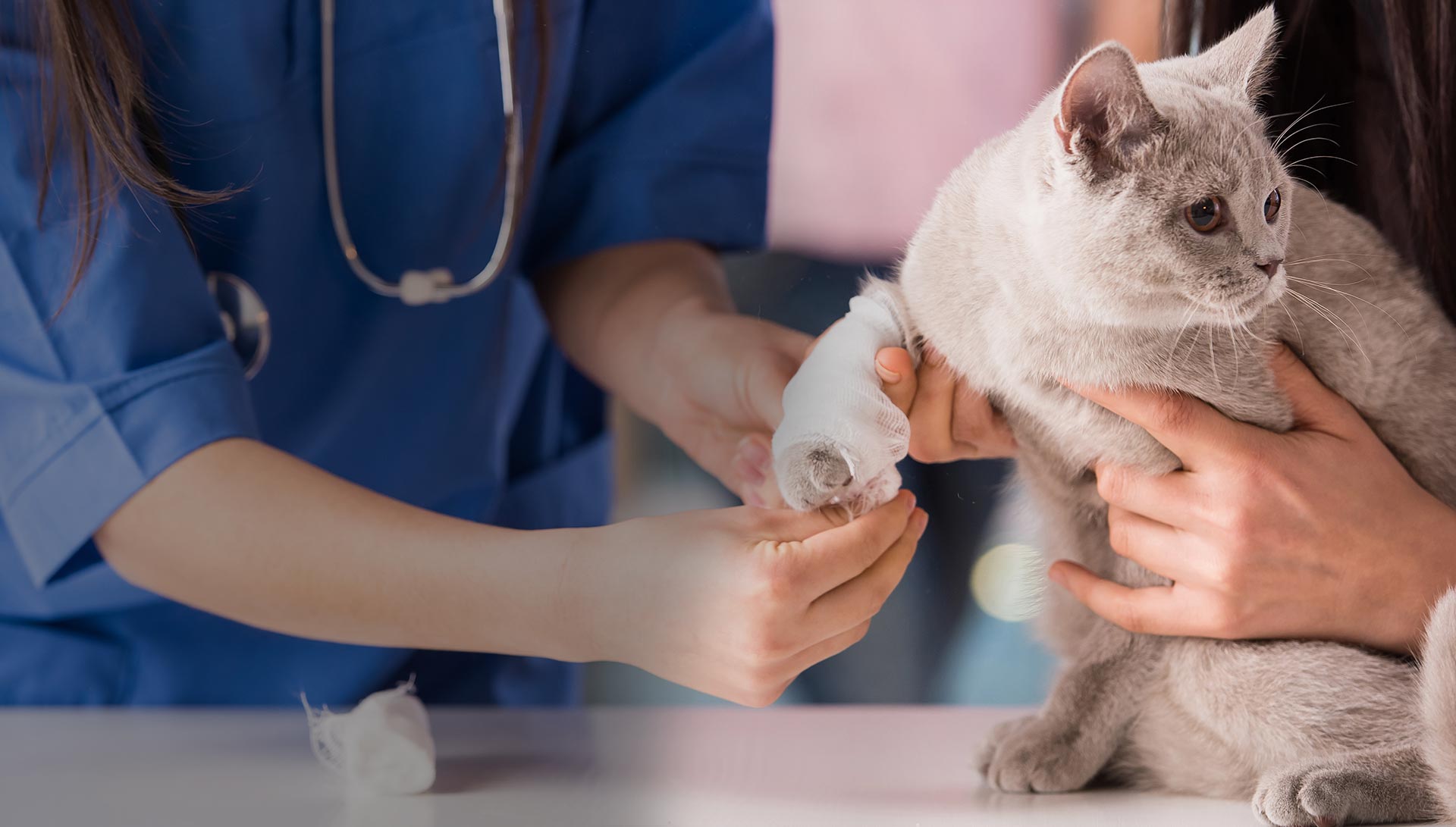The Importance of Dental Care for Pets
Just like humans, pets require regular dental care to maintain their overall health and well-being. Dental disease is one of the most common health issues affecting dogs and cats, yet it is often overlooked by pet owners. Understanding the importance of dental care and implementing a routine can help prevent serious health problems down the line. Here’s why dental care is crucial for your furry friend.
1. Preventing Dental Disease
Dental disease, including periodontal disease, begins with plaque buildup on your pet’s teeth. If not removed through regular brushing and professional cleanings, plaque hardens into tartar, leading to gum inflammation, infections, and tooth loss. By maintaining good dental hygiene, you can significantly reduce the risk of these painful conditions.
2. Early Detection of Health Issues
Regular dental check-ups can help identify potential health issues early. During dental examinations, veterinarians not only assess oral health but can also detect signs of systemic diseases such as kidney or heart disease that can manifest through oral symptoms. Early detection allows for timely intervention and better outcomes.
3. Fresh Breath
Bad breath is a common issue among pets, often resulting from dental disease or poor oral hygiene. By establishing a dental care routine that includes brushing, dental chews, and regular vet visits, you can help keep your pet’s breath fresh and pleasant.
4. Enhanced Overall Health
Oral health is closely linked to overall health. Bacteria from dental disease can enter the bloodstream, potentially affecting your pet’s heart, liver, and kidneys. Keeping your pet’s mouth healthy can reduce the risk of these serious health complications and contribute to a longer, healthier life.
5. Improved Quality of Life
Dental pain can affect your pet’s quality of life. Pets may become reluctant to eat, play, or engage with their owners due to discomfort from dental issues. By prioritizing dental care, you can help ensure your pet remains happy and active.
Tips for Maintaining Your Pet’s Dental Health
- Brush Your Pet’s Teeth: Aim to brush your pet’s teeth at least two to three times a week, using toothpaste specifically formulated for pets. Introduce brushing gradually to make it a positive experience.
- Provide Dental Chews: Offer dental treats and chews designed to help reduce plaque and tartar buildup. These can be a fun way to support your pet’s oral hygiene.
- Regular Veterinary Cleanings: Schedule professional dental cleanings with your veterinarian at least once a year. These cleanings can remove tartar buildup and allow for a thorough examination of your pet’s oral health.
- Monitor Your Pet’s Mouth: Regularly check your pet’s teeth and gums for signs of dental disease, such as redness, swelling, or excessive tartar. Early detection can prevent more serious problems.
- Incorporate Dental-Friendly Foods: Some pet foods are formulated to support dental health. Look for products that have the Veterinary Oral Health Council (VOHC) seal of approval.
Conclusion
Prioritizing dental care for your pet is essential for maintaining their overall health and happiness. By implementing a dental care routine, you can prevent dental disease, enhance your pet’s quality of life, and reduce the risk of serious health issues. Don’t wait for dental problems to arise—start caring for your pet’s teeth today, and they will thank you with their wagging tails and purring affection!

Dr. Hank has always shown a deep passion for animal health and a strong belief in responsible pet ownership. As both a veterinarian and a long-time pet parent to dogs and cats (now all in their geriatric years), he brings practical knowledge and compassion to supporting pets in their later life stages.
Before joining Starlight, Dr. Hank spent 12 years in the pet food industry. He held key roles in national veterinary sales and B2B marketing at Royal Canin, and later led veterinary channel development and served as a lead trainer at MARS Petcare Malaysia. In these roles, he was instrumental in delivering pet nutrition education to a wide range of industry stakeholders.









